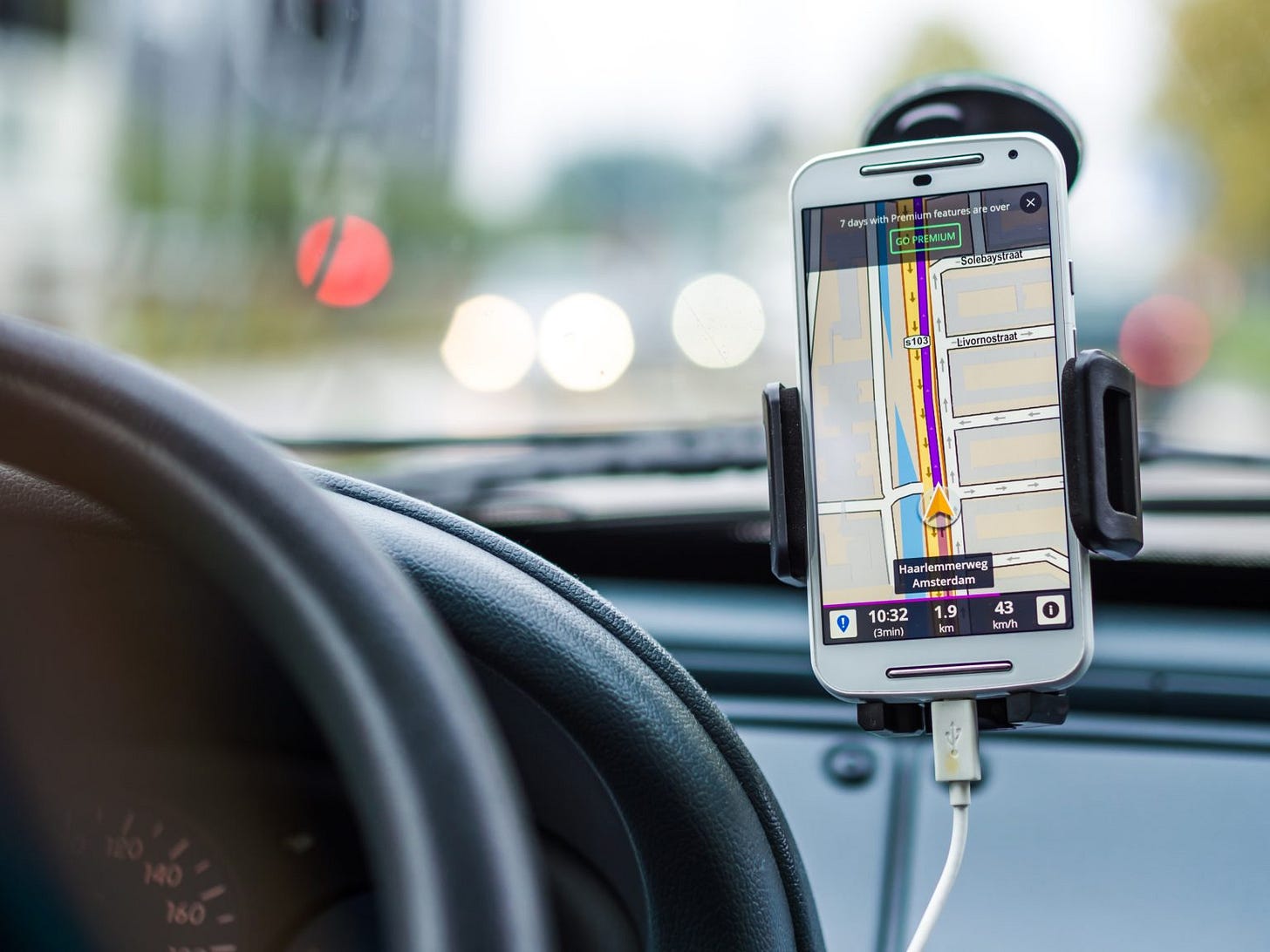Mobility Matters Daily #161 - Privacy, inclusive EVs, and more women driving
As well as what you get for a barrel of oil
Good day my good friend.
I find myself in a strange position, writing this on a Friday evening and not a Sunday. Other plans mean a change for today’s post. Sorry, but given the chance to go to the London Transport Museum, then you have to make sacrifices.
Here are today’s links especially curated for you.
James
The battle for privacy online, and what it means for transport planning
This is a techie debate that has big implications for transport. Your travel data is some of the most personally identifiable data that you have. Its also really useful to transport planners and mobility apps. So privacy on the internet should be a huge deal.

There are significant forces at play here. Firstly, technology companies are making a big play on online privacy. Yes, there is a profit motive in targetting privacy-concious customers. Identity theft is a huge issue. To add into the mix, the UK is proposing to completely reverse GDPR in a way that is quite scary.
This issue comes down to balancing principle with usefulness. More data properly controlled and utilised leads to better decisions, in theory. But at the same time, to what degree should we respect the anonymity of individuals in the pursuit of making transport networks run better? The advocate in me cherishes having the ability to not tell anyone anything about me. On the other hand, a few extra datapoints on my train journey surely helps a bit?
Making electric vehicles more inclusive
The electric vehicle market is progressing much like any other market. There are early adopters taking a (subsidised) risk with the technology, helping to prove and demonstrate it. Before it ultimately goes into widespread adoption. The adoption theory is as old as economics itself, probably. But this approach has challenges for those experiencing the externalities of new products.
This article in Urban Wire covers the impact of electric vehicle adoption on low income and communities of colour, specifically in terms of the impact of electricity generation. There is a long-established history of the impacts of highways on such communities also. Does this mean that the technology is a bad one? Not necessarily. It just means that we need to explore the unintended impacts of our policy choices. Even if well-intended.
What would the impacts be if half the population started to drive?
This paper by Najah Al-Garaw and Maria Kamargianni1 studied a rare phenomenon - half of the population suddenly being able to drive. In this case, women in Saudia Arabia. In short, 37.7% of those surveyed started to drive, with young, educated women in employment being more likely to do so.
As any researcher knows, once you start down a research rabbit hole its very hard to stop. This one issue has produced a lot more analysis than you think. Most notably substantial analysis of the discourse around the debates leading up to women being allowed to drive, car dependency in Saudi Arabia, and the impacts on walking in the Kingdom.
Something interesting
I’ve spent a lot of time on Visual Capitalist recently. This is another brilliant infographic from them that really tells the story on its own. No shock that most of the contents of a barrel of oil go to fuelling things. But I’m amazed at how little goes to cars.
If you do nothing else today, do this…
Check out Scotland’s Active Travel Open Data Portal.
…And finally
The abstract and main findings are free to view, but the article is paid access



